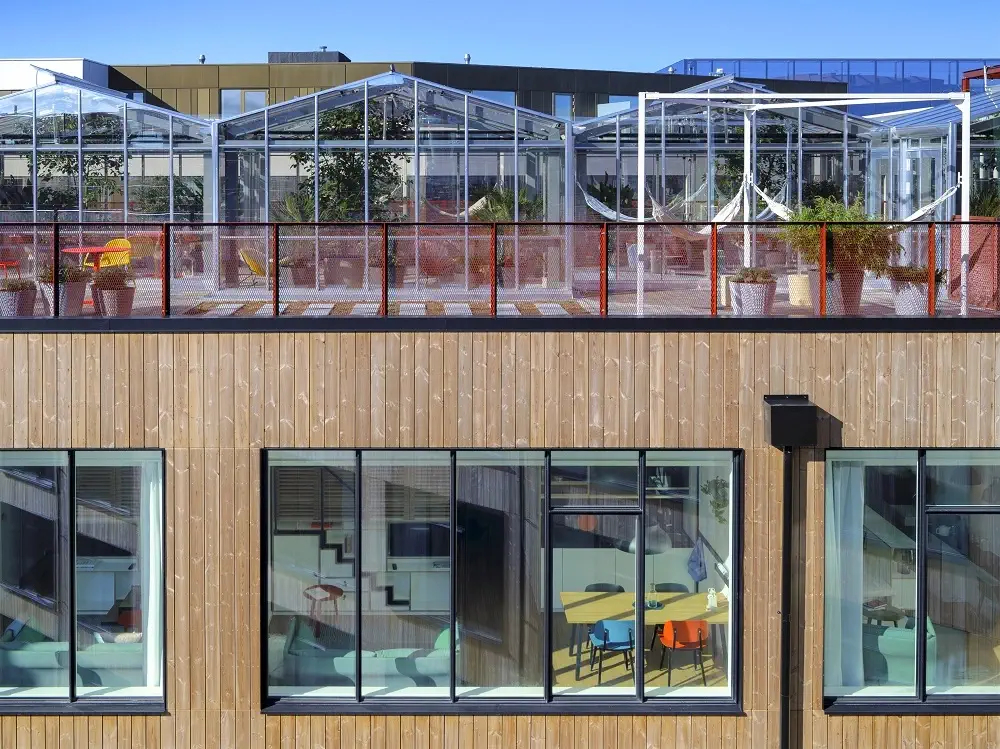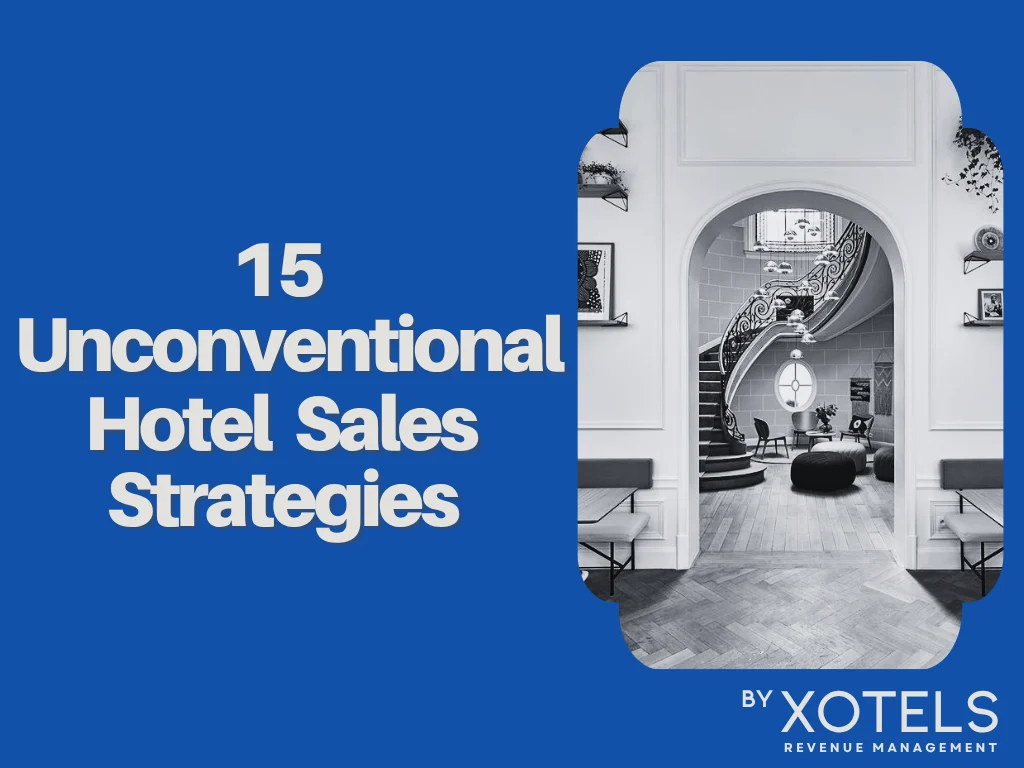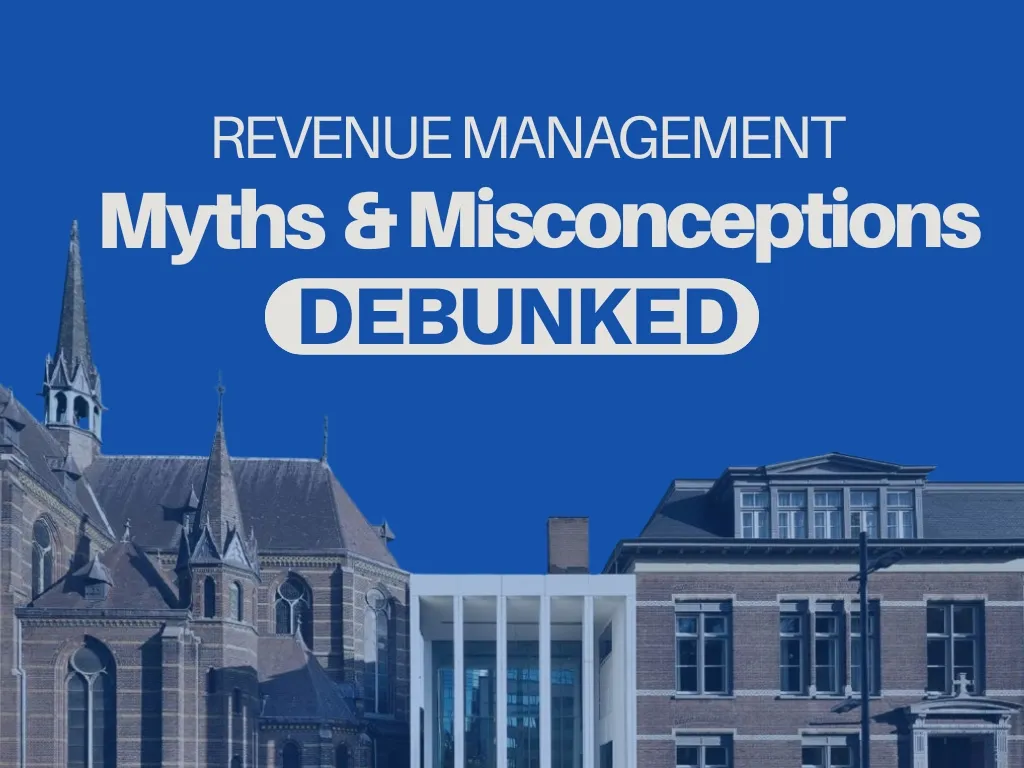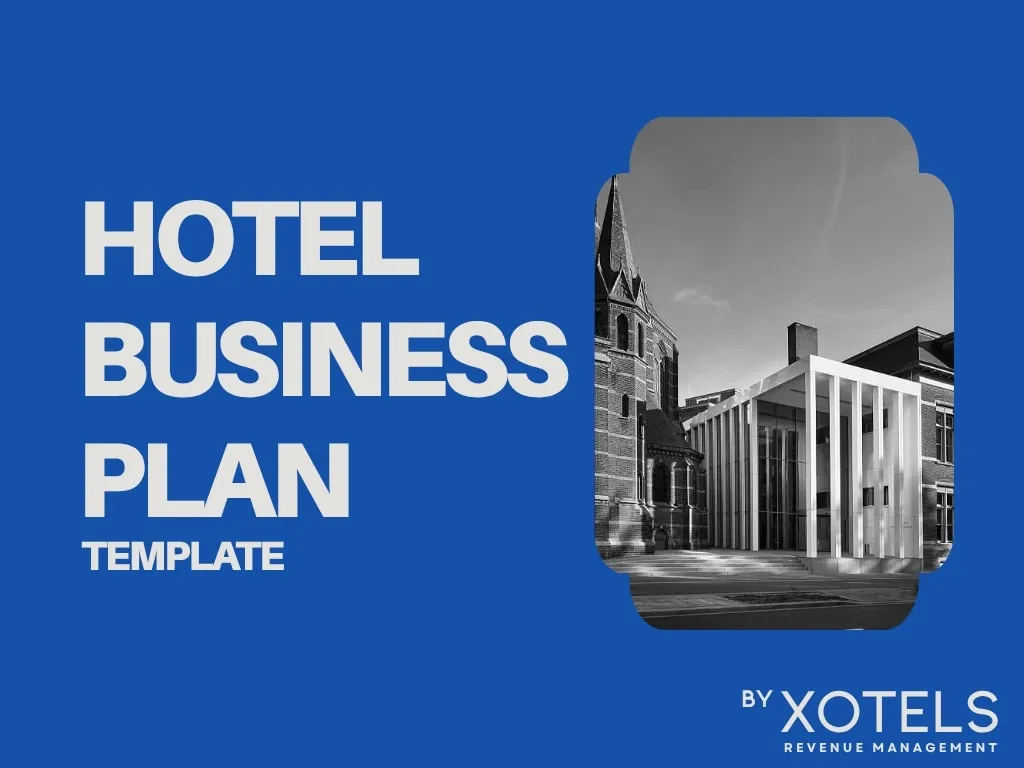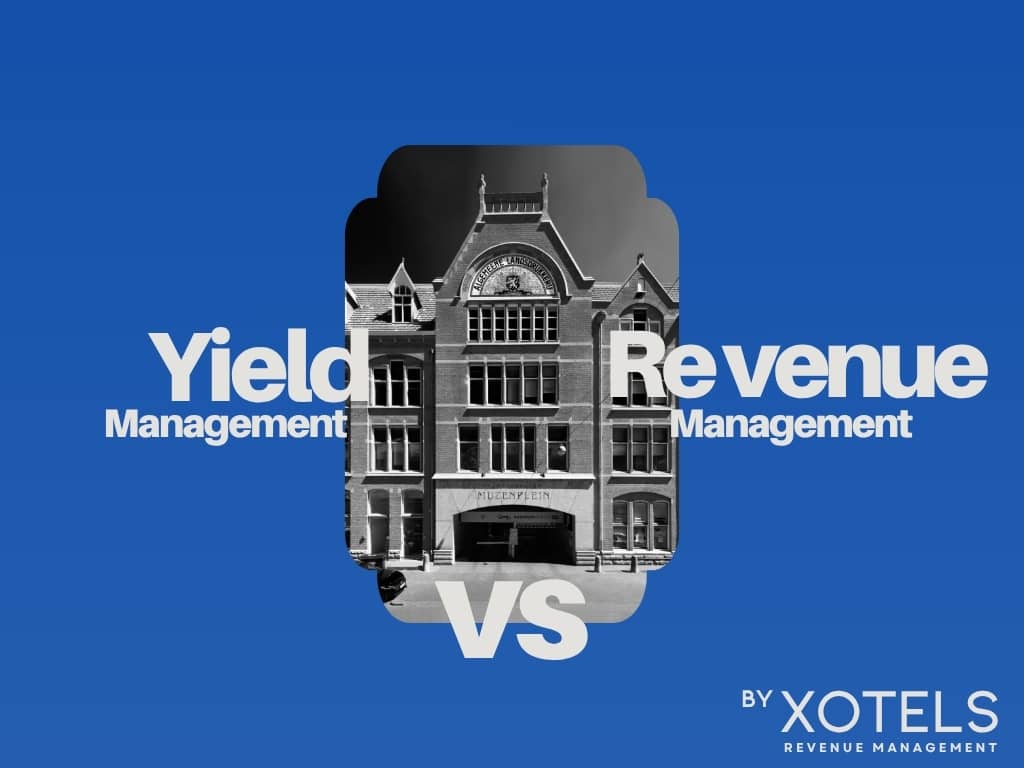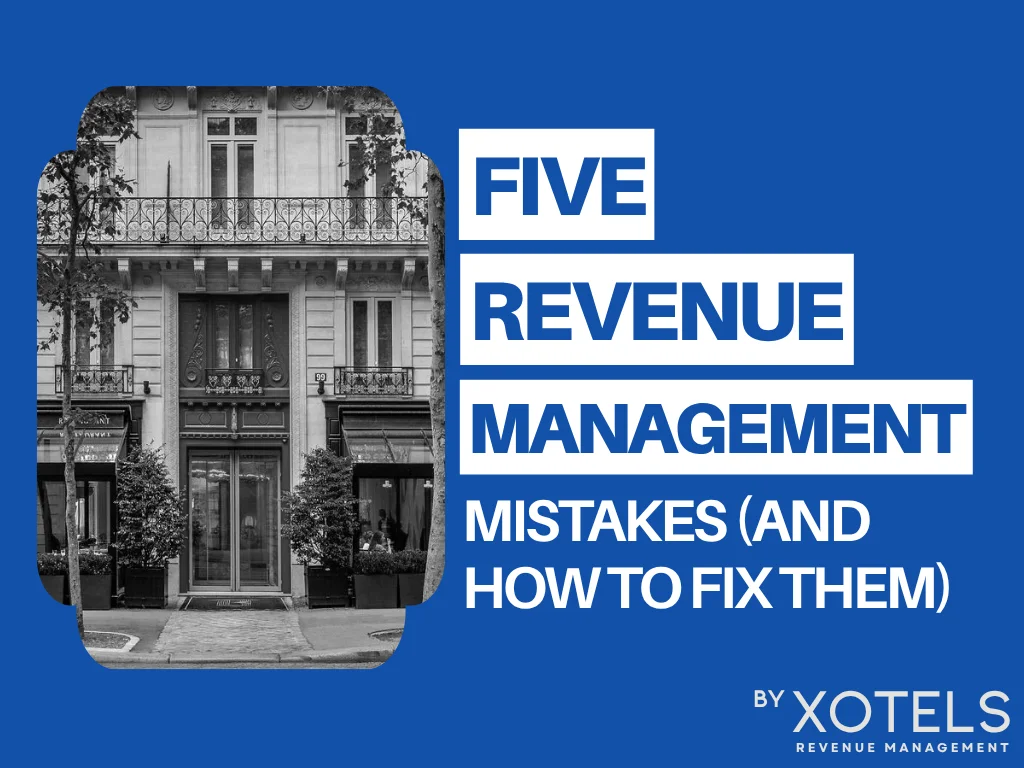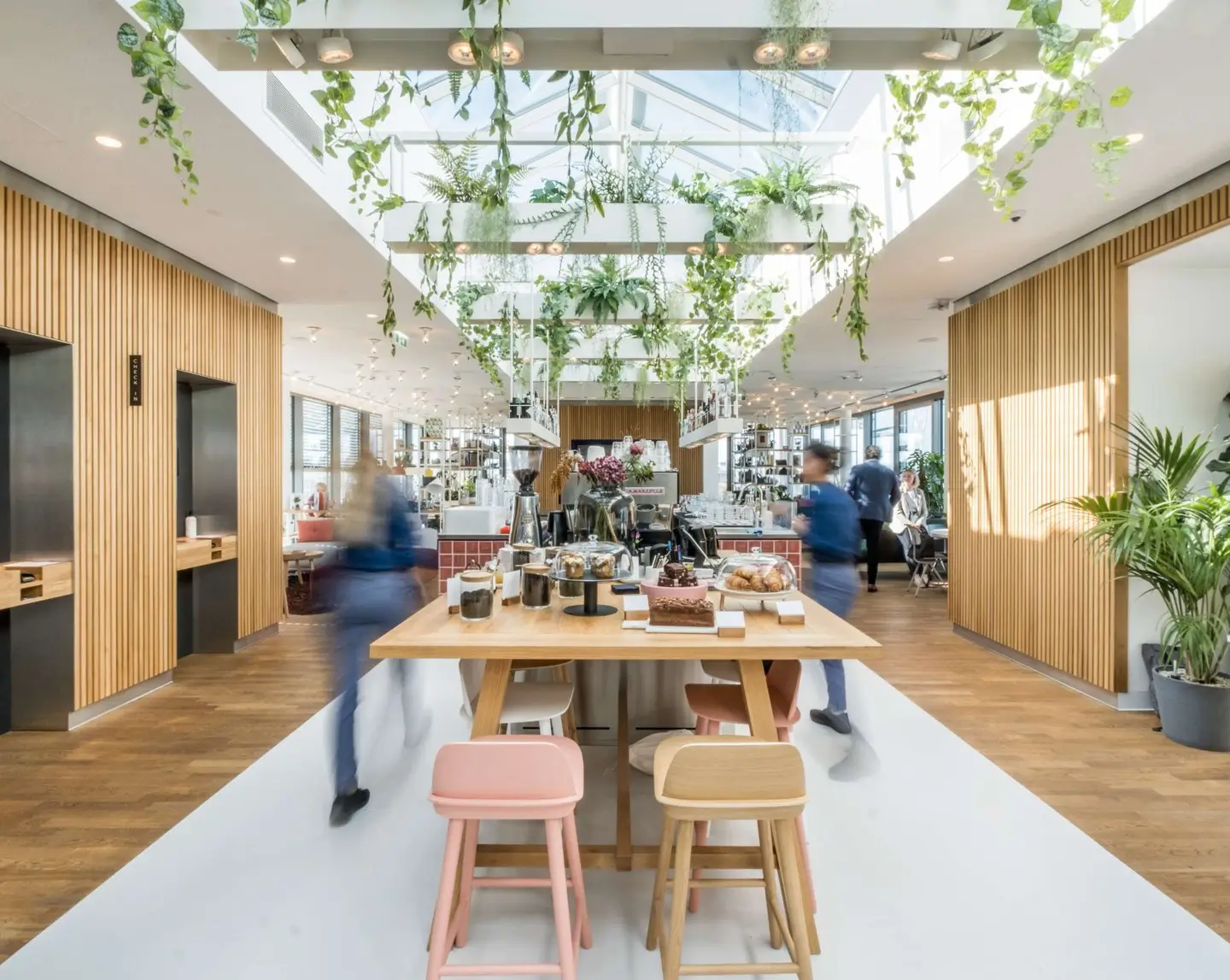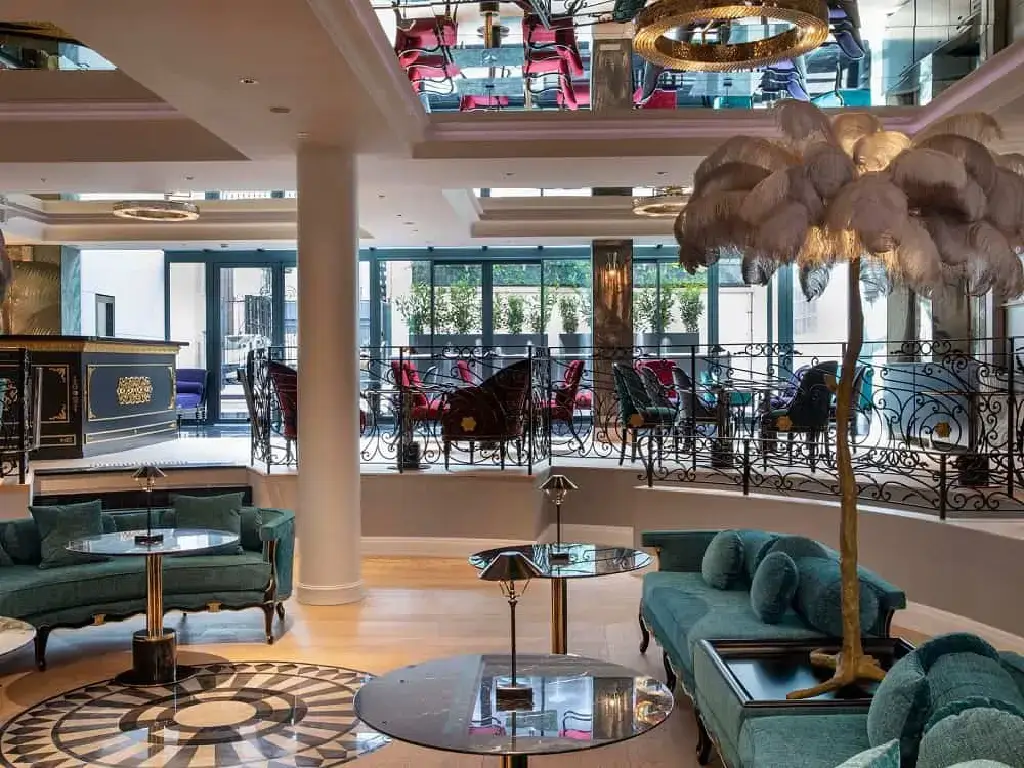10 Solutions to Challenges the Hotel Industry faces in 2026
In 2026, there are many challenges faced by the hotel industry, which may quickly feel overwhelming to address. However, as a hotel revenue management consulting and hotel management company, we have seen that with the right approach, tech stack, and process streamlining, hotels can drive their success in 2026 and beyond.
Article summary:
10 Challenges and Problems in the Hotel Industry and their Solutions
Summer 2025 has seen tourism soar once more, as wanderlust returns to holidaymakers and travellers eager to make up for lost time during the pandemic-induced periods of lockdown and travel restrictions.
Many challenges in the hotel industry remain, though. However, with an informed strategic approach, hotel managers can meet these challenges head on and drive their business’s performance to new heights.
1. Experience and Personalization: Meeting the Needs of the Modern Guest
It simply isn’t enough to look the part anymore as a hotel. While image, offering comfort and nice hotel appointments is important, customers increasingly want a complete guest experience and personalization from their hotel.
To drive true personalization, the right data management technologies can do most of the work for you, while effectively capturing, storing, analyzing, and interpreting each customer’s data on a micro level, while also spotting trends on a macro level. Experience and personalization are the new battlegrounds between competitor hotels. Whoever is able to deliver on both fronts will stand to gain, in a fiercely competitive market.
2. Hiring the Right Employees
From the ostensibly lower-skilled roles such as waiter to specialist roles like treasury or accounting employees, it is becoming more difficult to hire well in the hotel industry. As any good hotel manager knows, it is relatively straightforward to hire bar and restaurant staff, but finding truly good waiting staff is a very difficult task. Moreover, getting them to stick around for long is another key task.
Put simply, organisations of all industries are finding it more difficult to hire and retain good employees because workers are more demanding of what they want from an employer. By embracing this change rather than resisting it, your hotel will already be one step ahead of your competitors.
By offering more than just a wage and offering a whole career package, your hotel can attract and retain top professionals. This package may include a commitment to true career progression, ongoing training, and real benefits such as medical insurance, stock options, travel expense coverage, and so forth. Frankly, things such as a ping pong table and some fresh fruit once a week are not benefits, they are now expected bare minimum.
Workers want to work for an employer that offers a whole package and where they can feel like they are part of something that they believe in. This latter point ties into point one too: a mission that includes providing a true and unique experience to guests, workers can, by extension, feel that they are part of something that provides a highly valued service to people.
3. Continuously Changing Consumer Demands and Markets
Of course, it is more difficult to plan when your market is liable to change. Predictability makes business much more straightforward. For instance, business travel has been slower to recover, in large part due to the migration to remote and hybrid working. 16% of companies worldwide are fully remote, whereas 58.6% of the entire US workforce is remote. Moreover, these figures are only set to trend up further, with 78% of companies expecting this shift to continue. However, there is opportunity for those willing to embrace it in this market development.
As an example, hotels can offer a working space experience to attract clientele. Rooms and hotel spaces such as conference and meeting rooms can be converted into coworking spaces. The key is to be agile in order to respond to market shifts well. The pandemic witnessed a lot of hotels going out of business or experiencing a massive downturn in customers, as a result of a failure to adapt to the shift from international to local and national tourism.
The pandemic illustrated exactly how vulnerable hotels are to factors outside of their control. With this in mind, a way of generating greater business resilience and business continuity is to focus on local customs. This could be the local area or further afield to neighbouring towns and cities with experiential staycations, whether for individuals, couples, or families. Between 2020 and 2021, staycation bookings rose 18%.
Getting the experience right leads to a 14% price premium in the hotel industry, according to PwC. Additionally, in the off-season, hotels can drive occupancy rates by delivering an outstanding experience to the local market.
Some tips to achieve this include:
- Designing a resilient and updated hotel business plan
- Analyzing the entire business to improve business agility and future-proofing it against potential downside risk
- Optimizing for different guest buyer personas and reimagining hotel spaces for different uses, such as turning your underused hotel space into a coworking area
4. Missing the Marketing Boat
Marketing increasingly drives business from the front. This is especially the case in the travel and tourism industry. Many hotels still treat marketing as something of an afterthought though, with the impression that it is a ‘nice to have’ rather than the essential business driver that it is in reality.
With the right CRM system and retargeting strategy, hotels can quickly generate new and repeat business. Another important rule of thumb is to advertise where your market is. For instance, if your hotel’s ideal buyer persona is the over 50s market, Facebook adverts would be the way to go, whereas if you want to attract a younger clientele with a summer break, Instagram adverts would be more appropriate.
The crucial goal with any advertising campaign is to demonstrate your value proposition: what makes your hotel stand out from your competitors? This is what to focus on to drive business.
You can address the bottleneck of inadequate advertising by:
1. Getting your marketing tech stack right
Some prerequisites include a best-of-breed CRM system, automation tools to take over manual tasks and help with data management, and a robust, fast, and mobile-first website with an intuitive customer experience.
2. Create a wide marketing funnel
A funnel that is wider can give you greater possibilities of capturing and retaining new customers. Better still if it is optimized for hotel package guests. Packages drive higher revenues and are typically better for more hotel-immersive experiences.
You can attract potential guests with a blog and dedicated package pages and through paid campaigns with Google and social platforms for relevant keywords. If these keywords match the kind of experiential stay you offer – especially if it is a more niche experience concept – you will be able to position your hotel for optimal ROI.
3. Research your market well and often
Carrying out proper market research on a periodic basis, such as quarterly, is critical. This will help you understand any key shifts in market demands and behaviour, which will, in turn, inform business strategy decisions.
5. Rising Operational Costs
Inflation is currently at highs not seen in decades across the world, especially in Europe, North America and many countries in Latin America. The United States and Europe are currently experiencing inflation of over 8% (at the time of writing in November 2025).
Inflation and energy price rises are driving operational cost pressure. Moreover, employees in turn are feeling the cost of living crunch, which in turn drives pressure on hotels to increase salaries.
One way to address this pressing issue is to integrate automation technologies where possible across your hotel business. In particular, these usually cloud-based technologies can take over time-consuming, laborious processes. For instance, your website could incorporate a smart AI chatbot and you may consider introducing self-check-in and checkout processes, as well as self-service buffets in place of table service in the restaurant.
You can also remove certain services that no longer add value to the guest experience. Moreover, your hotel can benefit by outsourcing revenue management and operations management to specialist providers.
6. Driving Direct Business
Online travel agencies (OTAs) dominate the market when it comes to spending power on research and hotel marketing. Some hotels come to derive most or all of their business from third-party entities. While they can have an important role to play in business generation, you must ensure to have a well-balanced business mix between all channels, and not overly depend on one or a few channels (like in any business).
To do so, you can follow these best practices:
a. Invest in an Excellent Website
Your website is the online “face” of your company. It represents you. As a result, it should be attractive, modern, and crucially, fast. Studies show that after the first two seconds of page load times, each additional second generates a conversion rate drop average of 4.42%.
Other things that are important include being mobile-optimal, to display high-quality, non-stock photos. High-quality photos of your hotel and site land with excellent lighting are key. The website should also be optimized for customer conversion with a first-class call-to-action strategy.
b. Invest in Advertising
Paid ad campaigns can seem to create an additional expense from the outset. But it is these adverts, when done well, that will drive business, and essentially pay for itself multiple times over. By focusing on direct business, you wrest control without it impacting your bottom line negatively. On the contrary, it can generate good profit margins.
c. Measure and Track Performance
You can use Google search console, analytics, and Google ad analytics. Data is power. Each social media platform tends to have a detailed insights dashboard for businesses to analyze paid campaign performance too.
Uncover the hidden revenue potential of your hotel
or resort.
7. Advancements in Technology
Across industries, it is a challenge to keep up with all technological changes taking place. However, it is critically important to do so.
It is essential to match any new technology integrations with your brand. For instance, a luxury hotel has different needs compared to a budget aparthotel. Technology that can replace employees can make sense for a budget aparthotel but luxury hotel guests would expect a full hotel workforce to be on hand.
The best practice here is to assess the hotel technology solutions on the market and analyse each area of your own hotel for inefficiencies that they can address. However, they must be on-brand and in line with your hotel’s experience offering to guests.
8. Lack of Synergy Between Departments
It is all too common for different hotel departments to work in a siloed manner, with little to no communication or collaboration with other departments. This approach is fast dying out and the hotels that are unable or unwilling to update with the times may struggle to survive, let alone thrive.
For specific tips on how to move away from a traditional siloed approach and embrace interdepartmental collaboration, read: Top 5 Essential Hotel Management Tips for The Perfect Guest Experience.
9. Protecting Your Online Reputation
In the modern hotel and tourism market, where customers leave reviews, opinions, and complaints on OTA websites, Google, Facebook, TripAdvisor, and of course, social media channels, effective reputation management is of utmost importance.
According to Tripadvisor, 96% of their users consider reading reviews as “important” when planning trips and booking hotels. 83% will “usually” or “always” reference reviews before deciding to book a hotel.
When it comes to communication management, 85% of TripAdvisor users agree that a thoughtful response to customer reviews is necessary and that it improves their impression of the hotel.
Keeping a high review score on OTA sites also makes sure your hotel doesn’t lose traffic from potential guests who filter by review scores, from highest to lowest. However, you can also use your review scores and guest feedback on social media platforms on your website itself by showcasing your average score(s) and using customer quotes from positive reviews. Importantly, customers, by and large, understand that all businesses can make mistakes sometimes. The important thing is how you respond to it: quick rectification of any issue and prompt, courteous, and caring communication online goes a long way to protecting your hotel’s reputation.
10. Prioritization is Key: Avoid Getting Overwhelmed
It can seem like there is so much to do and with not enough time. However, this does not have to be the case at all. Many hotels face the same challenges. What will separate the successful leaders from the industry laggards is the ability to prioritize in terms of importance and urgency of execution, and to execute well and without hesitation.
This requires an ability to understand the strategy that is necessary on a profound level. It also necessitates a total willingness to embrace change – to do away with old habits and ways of doing business in place of the new – and to instil this adaptiveness as a part of your hotel’s company culture among staff. If this sounds too challenging, partnering with seasoned, results-proven specialist hotel consultants can provide the solution too.
Wrapping up: Rising to the Challenge and Solving Your Hotel’s Problems
First and foremost, it is always worth remembering that all industries are becoming increasingly complex, driven by the rise of data and advanced technologies, changing demographics and customer preferences and demands, and lately, factors that are generating increased volatility in the global economy, such as inflation, energy price rises, and supply chain gridlock. The hotel industry faces these challenges but is also particularly exposed to events that prevent or slow down travel, such as the pandemic. However, in every difficult situation there is opportunity.
With the right strategic approach and by prioritizing challenges to address with efficiency, your hotel will already be ahead of the majority of its competitors. After all, humans are hardwired to resist change. Therefore, if you embrace it, you are one big step ahead.
Moreover, by partnering with best-of-breed hotel revenue management consulting experts and integrating market benchmark hotel technologies, your hotel will be primed for success and future-proof itself against downside business risk.
Cheers,
Patrick Landman
Need help with solving challenges in your hotel? Click here to see which hotel consulting & hotel management company services we provide to turn your hotel´s performance around.
More Free Resources
Top 10 Popular Posts
Blog Categories
Share This Story, Choose Your Platform!

About the Author:
As CEO and Founder of XOTELS, Patrick Landman has made it his mission to turn hotels and resorts into local market leaders. XOTELS´ diverse expertise and deep-knowledge across revenue management consulting, hotel management, and hotel consulting, enables us to drive results for independent boutique hotels, luxury resorts, and innovative lodging concepts. Below you will find opinion articles written by Patrick Landman.

